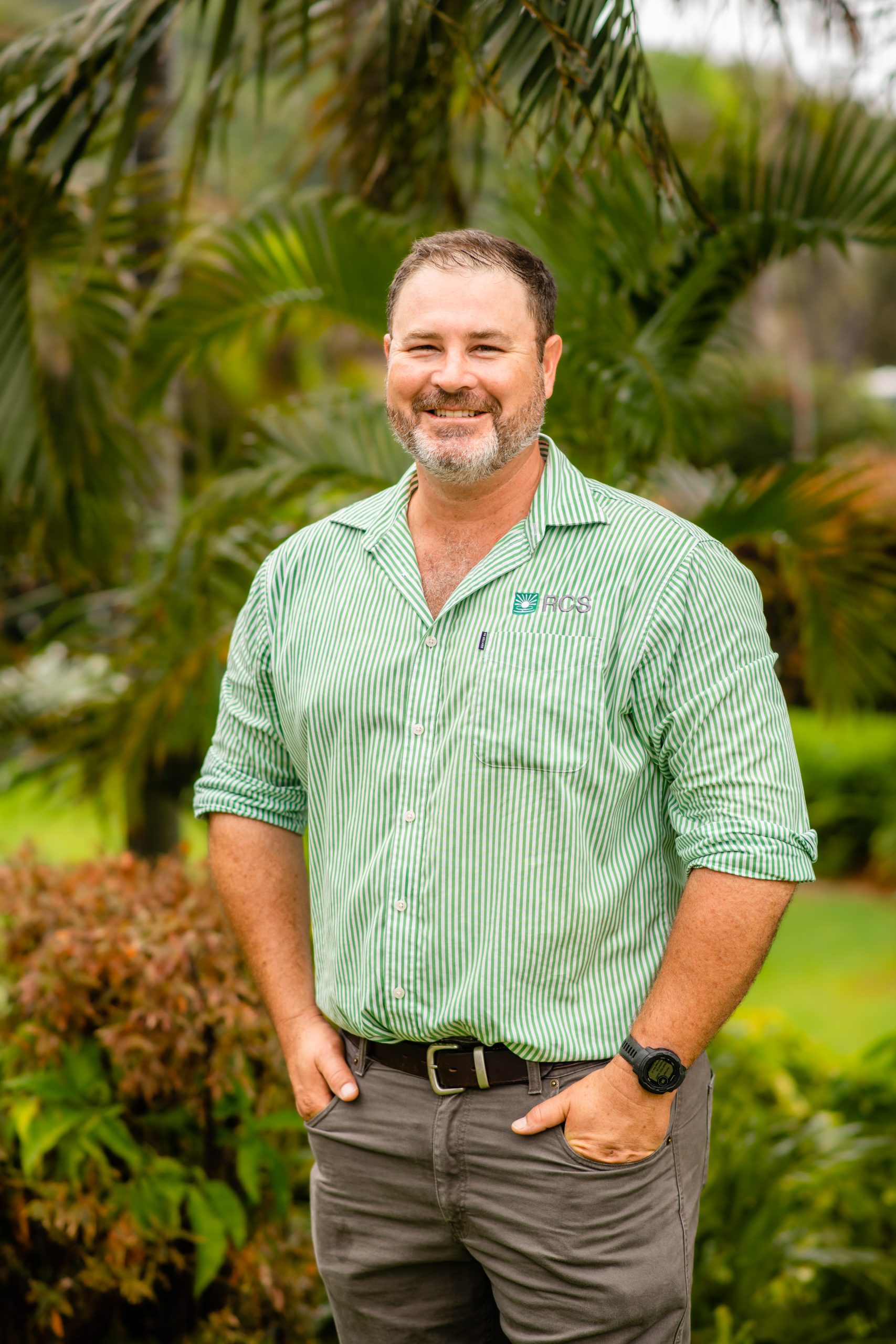
Dennis Donohoe, farm manager with Aminya Pastoral, is a seasoned producer with decades of experience, and his story is a testament to how even minor changes in farming practices can lead to significant improvements in productivity and land health.
When it comes to decision making, this time of year has a few big ones to consider. Let’s touch on some of them. I suggest you make sure to discuss these with the key people in your business.
With only 2 months left in the financial year there are two big financial areas to consider: tax and budgets.
When considering tax, now is the time to look at the financial year so far and forecast what you believe May and June might look like. Work with your accountant to forecast what your tax payable might look like and then ask this important question “Where might we invest money this financial year to reduce our tax payable?”.
The key word here is invest. Think about this way, you don’t really avoid paying tax by spending money this financial year. If you’re profitable all you are doing is delaying it to a future year. A useful rule of thumb is to only prepay, buy in advance stuff that you’ll use in the next year.
Avoid the temptation to buy a heap of gear that doesn’t earn you money just to avoid tax. Invest your hard earned profits into areas that will help improve your business in future years – ideally so you have a bigger tax ‘problem’ in the future. Your financial freedom actually comes from profit after tax, so focus on increasing that number (as opposed to only reducing tax).
Even more so than the last few years, your budgets will be really important this year. Many readers will be managing the effects of a poorer growing season, lower commodity prices and increasing interest rates. How resilient is your business to withstand this agricultural trifecta?
Now, we have no idea what the year ahead will hold, so think of your budget as simply one potential scenario of what might happen. If you’re using a good budget template, you should be able to then run another scenario quite easily with some different assumptions about what might happen. The goal is to test what options might be the most resilient and as result the most profitable. I use a purpose built excel template to do all my budgeting with clients.
Don’t leave your business to chance, think about your decisions and have good discussions.
All the best.
David
Learn more about our Business Fundaments Workshops
If you want to do a deep dive into your financial literacy have a look at the upcoming Business Fundamentals Workshops.
Author:

Chief of Delivery
Related:
Have a listen to ‘The Financial Bloke’s podcast with David, ‘Learn the traits the most successful producers all share’
Profitable Paddocks is our educational newsletter sent to your email inbox every quarter.
Click the Bell for the latest blogs.

Dennis Donohoe, farm manager with Aminya Pastoral, is a seasoned producer with decades of experience, and his story is a testament to how even minor changes in farming practices can lead to significant improvements in productivity and land health.
Once you have ownership as to why planning is important, the next ingredient is to work out where and how you will do your planning. When you write something down you change your relationship with the content. I cannot emphasise enough the power of getting your thoughts and plans out of your head onto paper or the computer.
The season in SA and Tassie is particularly tight right now with little or no useful rain since early January and a generally failed 2023 spring prior to that. Right now, across southern Australia and much of the eastern NSW, you won’t need to drive far out into the countryside to see cattle and sheep grazing (and lying on) hay and silage trails lined across paddocks.
Martha Lindstad and partner Robert James are farm managers on ‘Karalee’, Enngonia NSW. Both have travelled different paths to being where they are. Martha is originally from Norway, growing up on a three hectare farm before travelling to New Zealand and eventually the Pilbara in Western Australia. It was here that she saw the benefits of sustainable farming for the country and livestock.
The Prince’s RCS mentor, Raymond Stacey, sees a strong future ahead for Simon and Laura. “The Drought Resilient Soils and Landscapes project is about supporting graziers to manage their country and businesses better,” Raymond said. “I see an operation here where they’re working hard on their planning and putting their plans into action to leave their country, business and people in better shape.”

Join our mailing list
